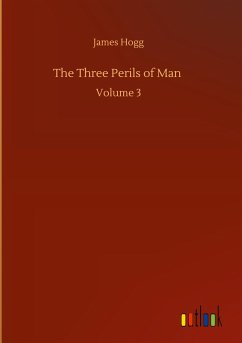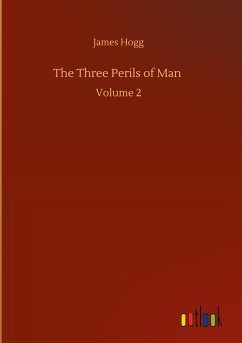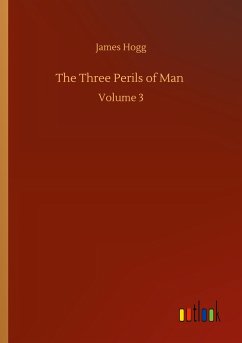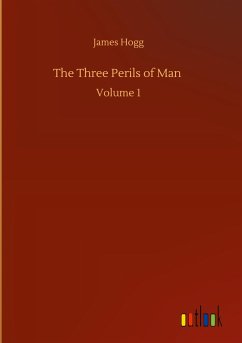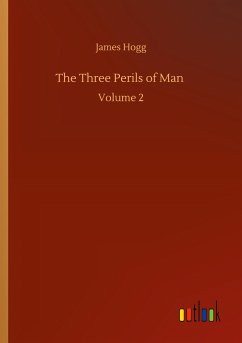After a hundred years of relative obscurity, James Hogg (1770-1835) now ranks alongside Sir Walter Scott and Robert Louis Stevenson as one of Scotland's leading writers. Highly regarded in his own lifetime, Hogg's fame was largely influenced by the fact that he had been a shepherd in his youth and had received no formal education. With the posthumous collected editions of the 1830s and 1860s, however, his reputation suffered. The publishers of these editions, Blackie and Son of Glasgow, took great pains to remove his numerous 'indelicacies' and smooth away what they took to be the rough edges of his writing. It was this bland and lifeless version that the Victorians read, and, not surprisingly, Hogg became viewed as a second-rate writer. With the republication of the original version of the Justified Sinner in the 1890s, interest in Hogg's work began to stir again, and over the last twenty years some of his more major works have been rereleased in good modern editions. It is just the tip of the iceberg, and as Douglas Dunn wrote in the Glasgow Herald in September 1988: 'I can't help but think that in almost any other country of Europe a complete, modern edition of a comparable author would have been available long ago.' This series aims to meet this need, for the first time uncovering the full extent of Hogg's considerable literary talents. Full introductions, explanatory notes and editorial comment accompany each text, making this collected edition the standard work on one of Scotland's leading nineteenth-century writers. The Three Perils of Woman is essentially a combination of two stories on similar themes, one set in Highlands following the Battle of Culloden and the other in Hogg's Edinburgh. Daring in its narrative technique, its first readers were confused by the novel's juxtaposition of the comic and the horrific as Hogg explored the relationship between fictional life, as portrayed in, say, the works of Walter Scott, and the realities of nineteenth-century Scotland. Readers were also shocked by its treatment of such delicate matters as prostitution and venereal disease. Last printed in any form in the 1820s, this new edition reveals the exceptional quality of The Three Perils of Woman and puts it squarely back into mainstream of Scottish literature.
Hinweis: Dieser Artikel kann nur an eine deutsche Lieferadresse ausgeliefert werden.
Hinweis: Dieser Artikel kann nur an eine deutsche Lieferadresse ausgeliefert werden.



